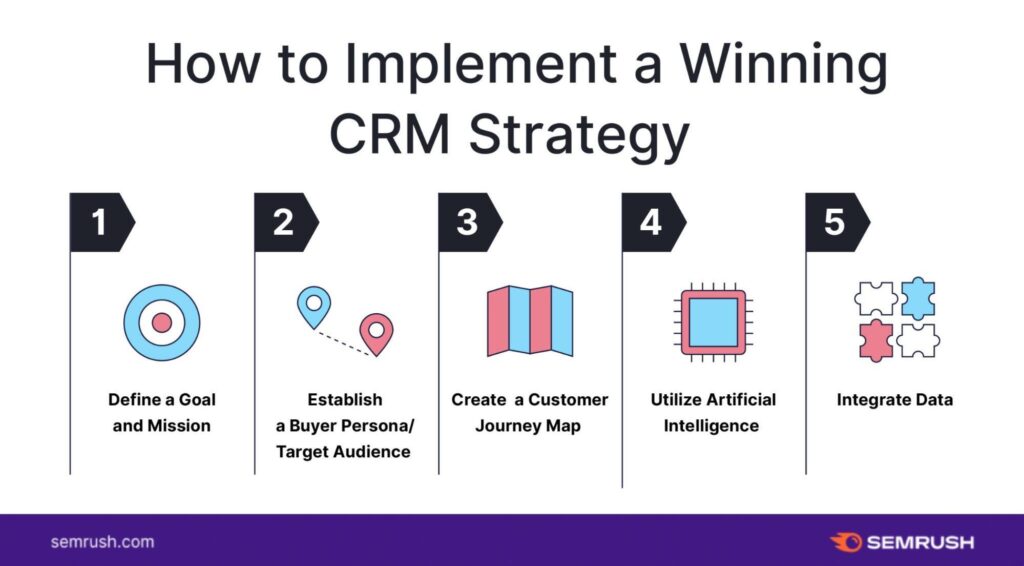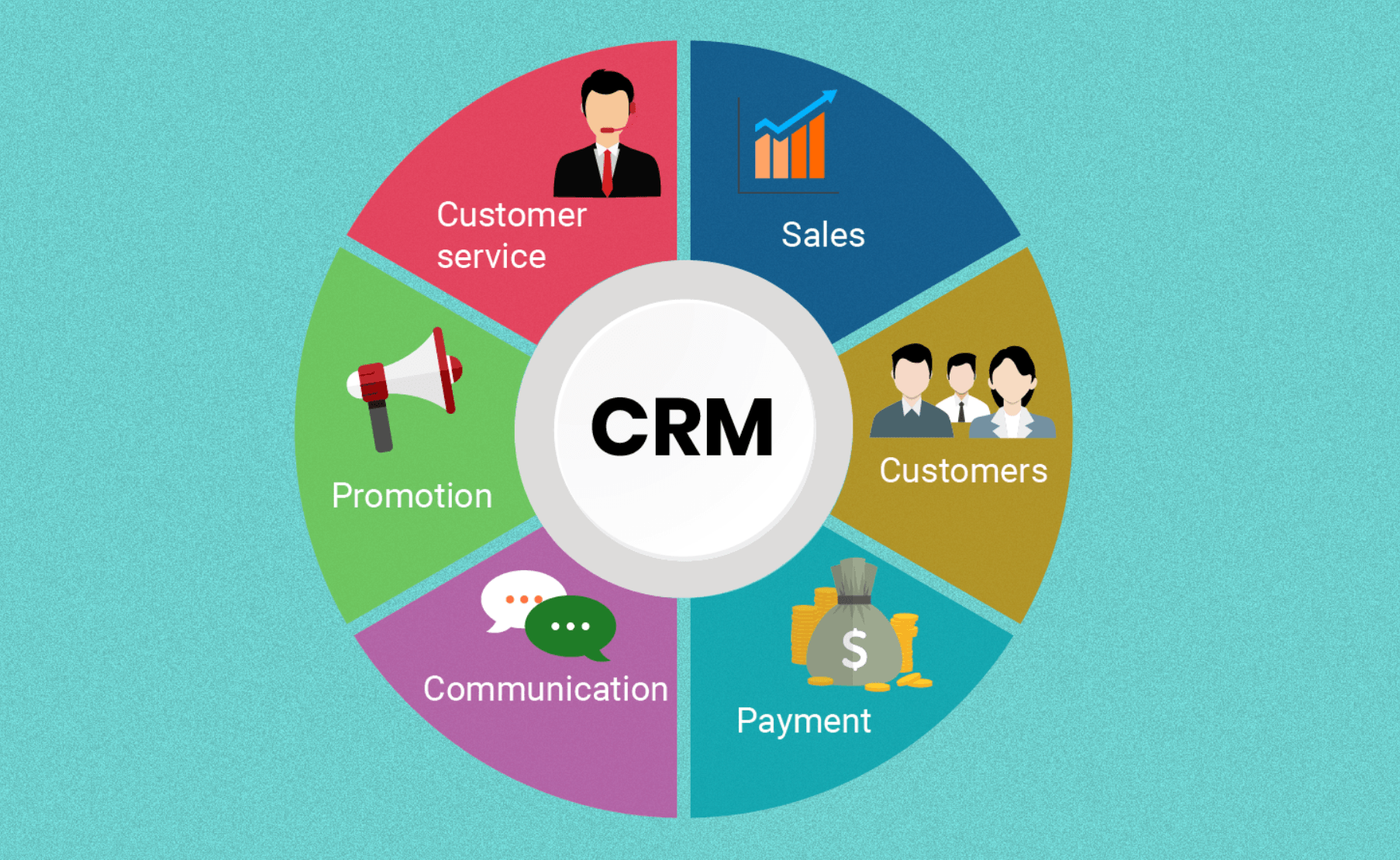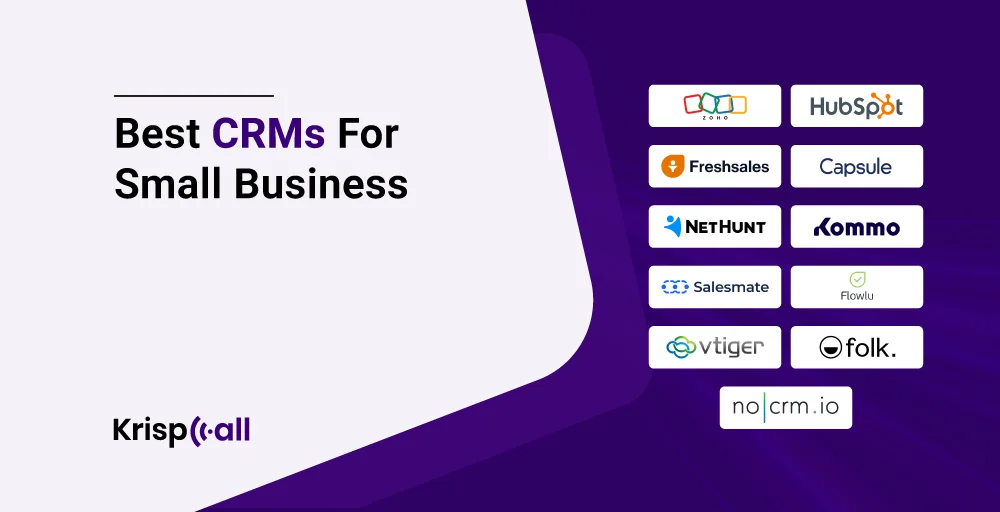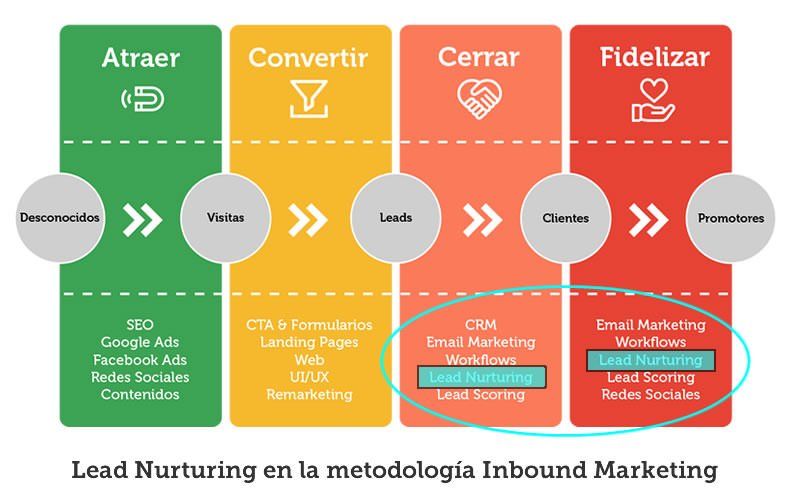Boost Your Business: Mastering CRM, Marketing, and Customer Surveys for Unmatched Success

Boost Your Business: Mastering CRM, Marketing, and Customer Surveys for Unmatched Success
In today’s fiercely competitive business landscape, understanding and catering to your customers is no longer optional—it’s fundamental. This article delves into the synergistic power of Customer Relationship Management (CRM), marketing strategies, and customer surveys. We’ll explore how these elements, when skillfully integrated, can transform your business, fostering customer loyalty, driving revenue growth, and achieving sustainable success. Get ready to unlock the secrets to building lasting customer relationships and achieving your business goals.
The Foundation: Understanding CRM
At its core, CRM is more than just software; it’s a philosophy. It’s about putting the customer at the center of your business. CRM systems are designed to help businesses manage and analyze customer interactions and data throughout the customer lifecycle, with the goal of improving business relationships with customers, assisting in customer retention, and driving sales growth. Think of it as the central nervous system of your customer interactions.
A robust CRM system provides a 360-degree view of your customers. This means that every interaction, from initial contact to post-sale support, is tracked and accessible. This comprehensive perspective allows businesses to personalize their interactions, anticipate customer needs, and provide proactive support. The benefits are numerous, including improved customer satisfaction, increased sales, and enhanced operational efficiency.
Key Features of a CRM System
- Contact Management: Store and organize customer information, including contact details, communication history, and purchase data.
- Lead Management: Track potential customers, nurture leads, and convert them into paying customers.
- Sales Automation: Automate repetitive sales tasks, such as email follow-ups and appointment scheduling, freeing up sales representatives to focus on building relationships.
- Marketing Automation: Integrate with marketing tools to create and manage marketing campaigns, track performance, and personalize communications.
- Customer Service and Support: Provide a centralized platform for managing customer inquiries, resolving issues, and providing support.
- Reporting and Analytics: Generate reports and analyze data to gain insights into customer behavior, sales performance, and marketing effectiveness.
Choosing the right CRM system is crucial. Consider your business size, industry, and specific needs when evaluating different CRM platforms. Popular options include Salesforce, HubSpot, Zoho CRM, and Microsoft Dynamics 365, each offering a range of features and pricing plans to suit different business requirements.
Marketing’s Role in the CRM Ecosystem
Marketing and CRM are not separate entities; they are intertwined. Effective marketing strategies are essential for acquiring new customers, nurturing leads, and driving sales. When integrated with a CRM system, marketing efforts become more targeted, personalized, and effective.
CRM data provides valuable insights into customer behavior, preferences, and purchase history. Marketers can leverage this data to segment their audience, create targeted campaigns, and personalize their messaging. For example, a CRM system might reveal that a particular customer frequently purchases a specific product. The marketing team can then send personalized emails featuring related products or special offers, increasing the likelihood of a sale.
Integrating Marketing and CRM
The integration of marketing and CRM involves several key steps:
- Data Synchronization: Ensure that data flows seamlessly between your CRM and marketing automation platforms. This allows for a unified view of customer data and avoids data silos.
- Lead Scoring: Assign scores to leads based on their interactions with your marketing content and their engagement with your sales team. This helps prioritize leads and focus your sales efforts on the most promising prospects.
- Personalized Email Marketing: Use CRM data to personalize email campaigns, such as sending targeted offers, product recommendations, and birthday greetings.
- Marketing Automation Workflows: Create automated workflows to nurture leads, onboard new customers, and re-engage inactive customers.
- Attribution Modeling: Track the effectiveness of your marketing campaigns and identify which channels and tactics are driving the most conversions.
By integrating marketing and CRM, businesses can create a more customer-centric approach, improve the customer experience, and drive better results.
The Power of Customer Surveys: Unveiling Customer Insights
Customer surveys are an invaluable tool for gathering feedback, understanding customer needs, and improving the customer experience. They provide direct insights into customer satisfaction, preferences, and pain points. By analyzing survey responses, businesses can identify areas for improvement, refine their products and services, and make data-driven decisions.
Surveys can take various forms, including:
- Customer Satisfaction Surveys (CSAT): Measure overall customer satisfaction with your products, services, or support.
- Net Promoter Score (NPS) Surveys: Gauge customer loyalty and advocacy by asking customers how likely they are to recommend your business to others.
- Customer Effort Score (CES) Surveys: Measure the effort customers have to expend to interact with your business, such as resolving an issue or making a purchase.
- Product Feedback Surveys: Gather feedback on specific products or services, including features, usability, and overall satisfaction.
- Market Research Surveys: Gain insights into customer needs, preferences, and market trends to inform product development and marketing strategies.
The key to effective customer surveys is to ask the right questions and to make it easy for customers to provide feedback. Keep surveys concise, use clear and concise language, and offer a variety of question types, such as multiple-choice, rating scales, and open-ended questions.
Integrating Surveys with CRM and Marketing
The true power of customer surveys is unleashed when they are integrated with your CRM and marketing efforts. This integration allows you to:
- Personalize Survey Invitations: Send surveys to specific customer segments based on their demographics, purchase history, or engagement with your marketing content.
- Track Survey Responses in CRM: Store survey responses in your CRM system, alongside other customer data, to create a comprehensive view of each customer.
- Trigger Automated Actions: Based on survey responses, trigger automated actions, such as sending a thank-you email, escalating a support issue, or offering a personalized promotion.
- Segment Customers Based on Feedback: Segment your customer base based on their survey responses to create targeted marketing campaigns and personalize your messaging.
- Close the Feedback Loop: Respond to customer feedback promptly and take action to address any issues or concerns. This demonstrates that you value their feedback and are committed to improving their experience.
By integrating surveys with CRM and marketing, businesses can create a continuous feedback loop, improve the customer experience, and drive customer loyalty.
Best Practices: Maximizing the Impact of CRM, Marketing, and Surveys
To achieve optimal results from your CRM, marketing, and survey efforts, consider these best practices:
CRM Best Practices
- Choose the Right CRM: Select a CRM system that meets your specific business needs and can scale as your business grows.
- Clean and Maintain Your Data: Regularly clean and update your CRM data to ensure accuracy and completeness.
- Train Your Team: Provide comprehensive training to your team on how to use the CRM system effectively.
- Automate Processes: Automate repetitive tasks, such as data entry and email follow-ups, to save time and improve efficiency.
- Monitor and Analyze Performance: Regularly monitor your CRM performance and analyze the data to identify areas for improvement.
Marketing Best Practices
- Define Your Target Audience: Clearly define your target audience to create targeted and effective marketing campaigns.
- Develop a Content Strategy: Create valuable and engaging content that resonates with your target audience.
- Use Multiple Channels: Utilize a variety of marketing channels, such as email, social media, and search engine optimization (SEO), to reach your target audience.
- Track Your Results: Track your marketing results and analyze the data to identify which campaigns and channels are most effective.
- Personalize Your Messaging: Personalize your marketing messages to increase engagement and conversions.
Customer Survey Best Practices
- Define Your Objectives: Clearly define your objectives before creating a survey.
- Keep Surveys Concise: Keep surveys short and to the point to encourage participation.
- Use Clear and Concise Language: Use clear and concise language to avoid confusion.
- Offer a Variety of Question Types: Use a variety of question types, such as multiple-choice, rating scales, and open-ended questions.
- Analyze Your Results: Analyze your survey results to identify areas for improvement.
By following these best practices, you can maximize the impact of your CRM, marketing, and survey efforts and achieve your business goals.
Real-World Examples: Success Stories
Many businesses have achieved remarkable success by effectively integrating CRM, marketing, and customer surveys. Here are a few examples:
- E-commerce Retailer: An online retailer used CRM data to personalize email campaigns, offering targeted product recommendations and exclusive discounts. They also implemented customer satisfaction surveys to gather feedback on their products and services. As a result, they saw a significant increase in customer retention and sales.
- Software Company: A software company used CRM to track customer interactions and identify potential churn risks. They proactively reached out to at-risk customers, offered personalized support, and prevented churn. They also used NPS surveys to measure customer loyalty and identify areas for improvement in their product and support.
- Financial Services Provider: A financial services provider used CRM to manage customer relationships and provide personalized financial advice. They also conducted customer surveys to understand customer needs and preferences. This allowed them to improve their service offerings and build stronger customer relationships.
These examples demonstrate the power of CRM, marketing, and customer surveys when implemented effectively. By learning from these success stories, you can gain valuable insights and apply these strategies to your own business.
The Future: Trends in CRM, Marketing, and Customer Surveys
The landscape of CRM, marketing, and customer surveys is constantly evolving. Staying ahead of the curve requires staying informed about the latest trends and technologies. Here are some key trends to watch:
- Artificial Intelligence (AI): AI is transforming the way businesses interact with customers. AI-powered chatbots, personalized recommendations, and predictive analytics are becoming increasingly common.
- Personalization: Customers expect personalized experiences. Businesses are leveraging CRM data and marketing automation to deliver personalized content, offers, and support.
- Omnichannel Experience: Customers interact with businesses across multiple channels, including email, social media, and live chat. Businesses are focusing on providing a seamless and consistent experience across all channels.
- Data Privacy and Security: Data privacy and security are becoming increasingly important. Businesses are implementing measures to protect customer data and comply with privacy regulations.
- Customer Journey Mapping: Businesses are using customer journey mapping to understand the customer experience and identify opportunities for improvement.
By embracing these trends, businesses can stay ahead of the competition and provide their customers with exceptional experiences.
Conclusion: Building a Customer-Centric Business
In conclusion, the synergistic power of CRM, marketing, and customer surveys is undeniable. By effectively integrating these elements, businesses can build lasting customer relationships, drive revenue growth, and achieve sustainable success. Remember that it’s not just about implementing these tools; it’s about adopting a customer-centric mindset. By putting your customers at the center of your business, you can create a thriving and successful enterprise.
As you embark on this journey, remember to choose the right CRM system, develop effective marketing strategies, and leverage customer surveys to gather valuable feedback. Stay informed about the latest trends and technologies, and continuously strive to improve the customer experience. By doing so, you can transform your business and achieve remarkable results.




